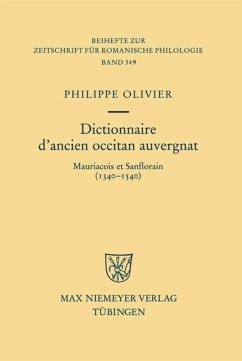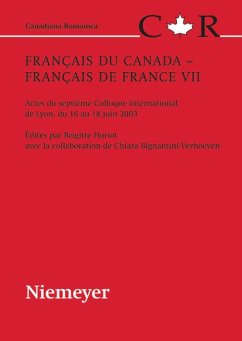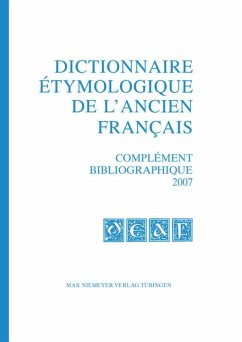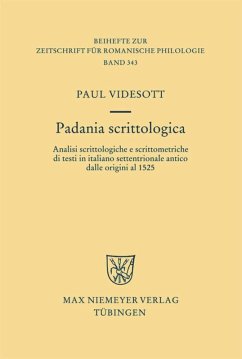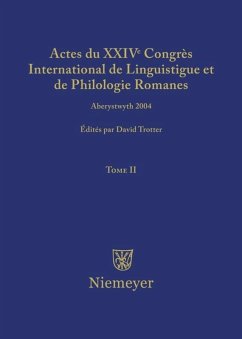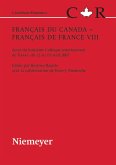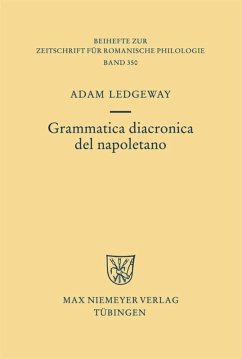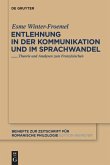This dictionary of old occitan from Auvergne is based on about 200 original manuscripts pro-duced during the 1340-1540 period by consular, seigniorial and religious authorities of two regions of Haute-Auvergne (Mauriacois and Sanflorain in the present department of Cantal) characterized by a palatalized occitan (chabra, jausir). The editions of texts written in old occi-tan from Auvergne being rare (see references in the DOM) and often not reliable, it was neces-sary to work only on the original documents. This also allowed the discovery of many un-known manuscripts. The main part of the corpus constituting this dictionary comes from the city of Saint-Flour which kept the occitan language for administrative use until ca. 1540.
This dictionary contains about 7,000 entries and more than 12,000 definitions representing words and expressions mainly of the juridical, commercial, artisanal and military domains. Words of the nature and wild life are less represented. All these terms are illustrated by one to several examples carefully edited. Many of these words and locutions are first occurrences. References to other publications dealing with old occitan (DOM, Lv, FEW, etc.) allow compari-sons with other dialects to be made. This dictionary, which differs from most of other dictionar-ies based on yet published texts, shows how a thorough study of the documents of a restricted area and period may improve our knowledge of old occitan.
This dictionary contains about 7,000 entries and more than 12,000 definitions representing words and expressions mainly of the juridical, commercial, artisanal and military domains. Words of the nature and wild life are less represented. All these terms are illustrated by one to several examples carefully edited. Many of these words and locutions are first occurrences. References to other publications dealing with old occitan (DOM, Lv, FEW, etc.) allow compari-sons with other dialects to be made. This dictionary, which differs from most of other dictionar-ies based on yet published texts, shows how a thorough study of the documents of a restricted area and period may improve our knowledge of old occitan.

